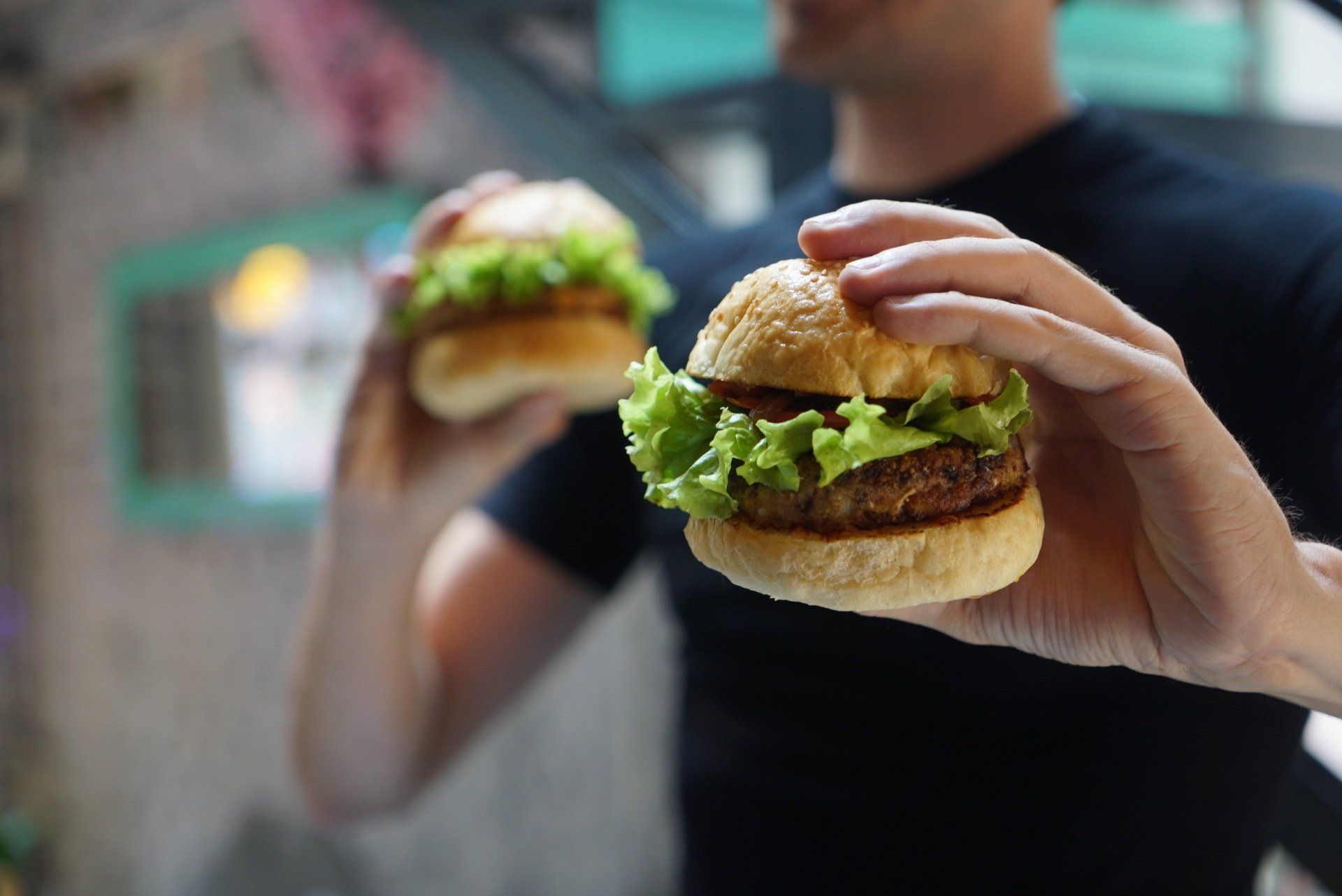A Great Tip From Our Mindful Eating Class
In an earlier post about using intuitive eating to lose weight, we introduced a delayed gratification system called, Postponing For The Rapture. Here's a further example of the technique: Somebody rolls out a grocery store sheet cake at a birthday party and cuts you a slice.
Do you take it?
PAUSE
Take a few seconds to think it through. Mindfulness and impulsiveness often reach the same conclusion (“I’ll take the cake!”) but they come at it from different perspectives. Impulsiveness always results in the same decision; mindfulness does not. One victimizes, the other empowers.
Now, how can deciding to eat the sheet cake empower you? Because it was a mindful decision rather than an impulsive reaction. Once you start making mindful, conscious, eating decisions all the time you’ll find it easier and easier to postpone more frequently.
ASK
“Am I willing to hold off eating this low-rent, store-bought sheet cake now for a home-made, bakery-fresh carrot cake later?”
Try to persuade yourself to say yes. For example, you could say, “I promise that if I skip this sheet cake I’ll have Aunt Edna’s homemade cake. Think how much better it’ll taste than this garbage!”
DECIDE
Yes or no.
If you decide to eat the low-rent cake, don’t feel guilty. Any one answer isn’t going to make much difference in the context of a lifetime’s worth of intuitive eating decision-making. Afterwards, ask yourself two simple questions: How tasty was the sheet cake and how good do you feel after eating it?
If it sent you into the rapture, then maybe you should never delay for higher quality when it comes to sheet cake. Maybe part of your journey to well-being includes crappy sheet cake. But if the cake wasn’t all that satisfying then use that experience to inform your next decision.
Upon facing a temptation I often say to myself, “Remember the last time you ate a sheet cake from the grocery store? You could taste the chemicals. Let’s skip it this time and get a freshly-made cake from the bakery.”
Use yesterday’s negative experiences to form tomorrow’s positive outcomes.
Intuitive Eating Tip: Keep Your Word
Trust is an important aspect of mindfulness. You will not be able to consistently get your body to forgo a cheapo sheet cake if you are inconsistent about delivering a higher-quality alternative. “Delayed gratification” means exactly that—you are delaying gratification, not eliminating it.
The next time you turn down a sheet cake, you must go to a bakery the next time a craving hits. The longer you go between denying yourself lower quality crap for its higher-quality version later, the likelier Postponement For The Rapture will fail.
It won’t be long before your body recognizes you’re trying to trick it into a diet and responds with fat promoting responses (increased hunger and a slower metabolism). Remember the three-word mantra:
How Does This Help You Lose Weight Again?
How are you going to lose weight if you replace a grocery store sheet cake with a fresh one from the bakery? You’re still eating cake!
As you habituate to greater and greater levels of pleasure you’ll note the law of supply and demand at work. If low-quality junk food is unacceptable and the high-quality stuff is more expensive and harder to find, you’re going to eat a lot less of it. If you eliminate a lot and add a little what does that leave you with?
Weight loss.
Managing “Failure”
Let’s talk about “failing” for a moment. It’s the kind of judgmental response you expect from dieting, not from intuitive eating. How is it a failure to experience a lower level of pleasure? It’s like saying the concert sucked because you failed to get the best seats.
Postponing For The Rapture is another way of saying “This, or something better.” Choosing “This” is not a failure.
It’s unrealistic to think you’ll Postpone For The Rapture at every eating opportunity when you first start out. Habits take time to set in. Once you get the hang of it, the virtuous circle of well-being takes over and you’ll find yourself unconsciously postponing so much that you’ll come close to cutting out all low-quality crap.
Your body will get so much pleasure out of the higher-quality goods it will start craving them. And at that point
Postponing For The Rapture won’t just be easy; it’ll be automatic.
Academic Studies Informing This Article On Intuitive Eating Habits
McKee, H. C., & Ntoumanis, N. (2014). Developing self-regulation for dietary temptations: intervention effects on physical, self-regulatory and psychological outcomes. Journal of behavioral medicine, 37(6), 1075–1081. https://doi.org/10.1007/s10865-014-9557-6
Quote: The self-regulation training group was trained to use six self-regulatory skills: Delayed gratification, thought control, goal setting, self-monitoring, mindfulness, and coping.
Results indicate that self-regulatory skills training might be as effective as dietary and physical activity advice in terms of weight loss and related outcomes.
Annesi, J. J., & Gorjala, S. (2010). Relations of self-regulation and self-efficacy for exercise and eating and BMI change: A field investigation.
BioPsychoSocial Medicine,
4(1), 1-6. https://doi.org/10.1186/1751-0759-4-10
Quote: Findings suggest that training in self-regulation for exercise and eating may benefit self-efficacy and weight-loss outcomes.
Will Crescioni, A., Ehrlinger, J., Alquist, J. L., Conlon, K. E., Baumeister, R. F., Schatschneider, C., & Dutton, G. R. (2011). High trait self-control predicts positive health behaviors and success in weight loss.
Journal of health psychology,
16(5), 750–759. https://doi.org/10.1177/1359105310390247
Quote: Independent of baseline differences, individuals high in dispositional self-control ate fewer calories overall and fewer calories from fat, burned marginally more calories through exercise, and lost more weight during the program than did those lower in self-control. These data suggest that trait self-control is, indeed, an important predictor of health behaviors.
Cornil, Y., & Chandon, P. (2016). Pleasure as an ally of healthy eating? Contrasting visceral and Epicurean eating pleasure and their association with portion size preferences and wellbeing. Appetite, 104, 52–59. https://doi.org/10.1016/j.appet.2015.08.045
Quote: Unlike visceral eating pleasure tendencies, Epicurean eating tendencies are associated with a preference for smaller food portions and higher wellbeing, and not associated with higher BMI. Overall, we argue that the moralizing approach equating the pleasure of eating with ‘low-level’ visceral urges should give way to a more holistic approach which recognizes the positive role of Epicurean eating pleasure in healthy eating and wellbeing.
Vogel, E., & Mol, A. (2014). Enjoy your food: on losing weight and taking pleasure. Sociology of health & illness, 36(2), 305–317. https://doi.org/10.1111/1467-9566.12116
Quote: They do not address behaviour observed from the outside but the feelings that, as a person, one may come to sense from within. They do not encourage people to put themselves under their own control but to caringly tinker with themselves, and tinker again, all the while seeking to actively and appreciatively take pleasure from their foods and drinks.
Rather than repeating the admonition, ‘mind your plate’, these professionals give the encouragement to enjoy their food.
De Ridder, D., & Gillebaart, M. (2022). How food overconsumption has hijacked our notions about eating as a pleasurable activity. Current opinion in psychology, 46, 101324. Advance online publication. https://doi.org/10.1016/j.copsyc.2022.101324
Quote: Recent research in the domain of intuitive and mindful eating underlines the idea that ‘unregulated’ eating reinstalls the pleasure derived from eating.
All in all, our review suggests that the existing focus on food overconsumption and its negative consequences needs to be distinguished from how normal levels of food consumption positively affect contentment, enjoyment, social bonds, and in the end, well-being in general.
Alba, Joseph & Williams, Elanor. (2013). Pleasure Principles: A Review of Research on Hedonic Consumption. Journal of Consumer Psychology. 23. 2–18. https://doi.org/10.1016/j.jcps.2012.07.003
Quote: We assess three decades of research on hedonic consumption, emphasizing areas of greatest potential for future exploration.










